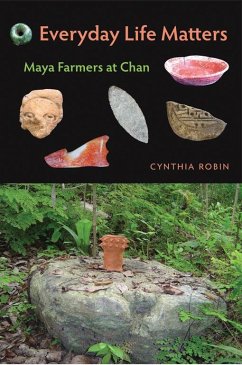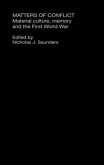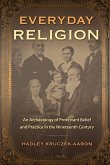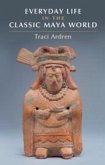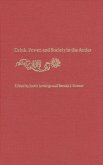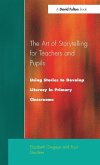"Interesting, strong, and timely. "Everyday Life Matters" is clearly and sharply written, and by targeting the archaeology of everyday life as an emerging field explicitly, it identifies and fills a real void in the field."--John Robb, author of "The Early Mediterranean Village" "An absolute must-read. Robin's thorough understanding of commoners and how they occasionally interacted with elites provides a solid foundation for social reconstruction."--Payson Sheets, coeditor of "Surviving Sudden Environmental Change" While the study of ancient civilizations most often focuses on temples and royal tombs, a substantial part of the archaeological record remains hidden in the understudied day-to-day lives of artisans, farmers, hunters, and other ordinary people of the ancient world. Various chores completed during the course of a person's daily life, though at first glance trivial, have a powerful impact on society as a whole. "Everyday Life Matters" develops general methods and theories for studying the applications of everyday life in archaeology, anthropology, and a wide range of related disciplines. Examining the two-thousand-year history (800 B.C.-A.D. 1200) of the ancient farming community of Chan in Belize, Cynthia Robin's ground-breaking work explains why the average person should matter to archaeologists studying larger societal patterns. Robin argues that the impact of the mundane can be substantial, so much so that the study of a polity without regard to its citizenry is incomplete. Refocusing attention away from the Maya elite and offering critical analysis of daily life elucidated by anthropological theory, Robin engages us to consider the larger implications of the commonplace and to rethink the constitution of human societies by ordinary people living routine lives.
Hinweis: Dieser Artikel kann nur an eine deutsche Lieferadresse ausgeliefert werden.
Hinweis: Dieser Artikel kann nur an eine deutsche Lieferadresse ausgeliefert werden.

